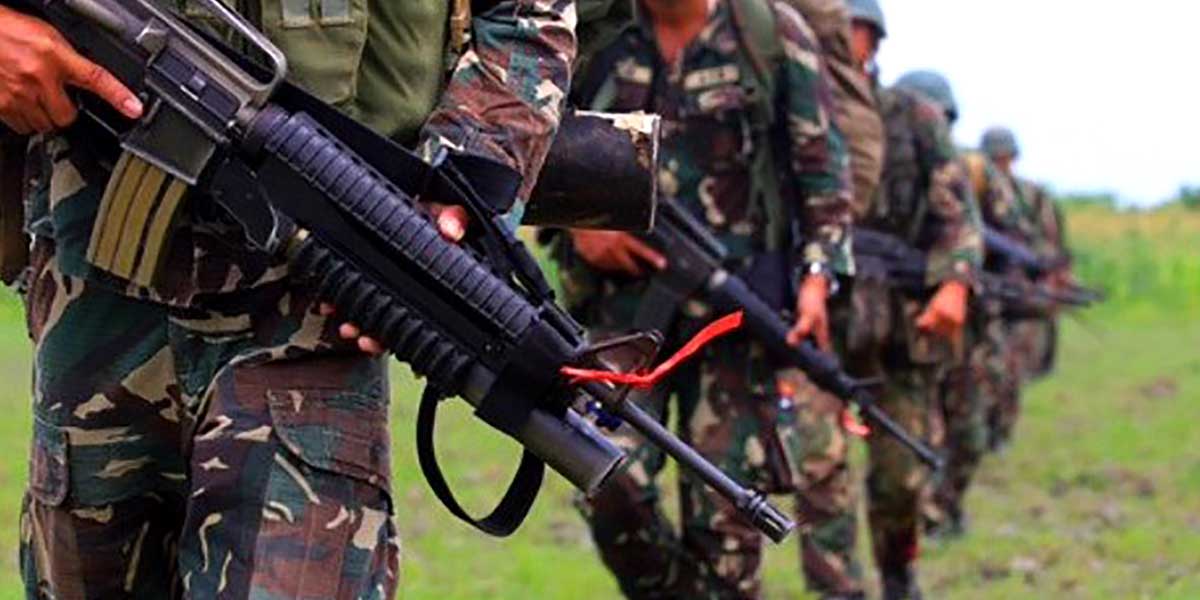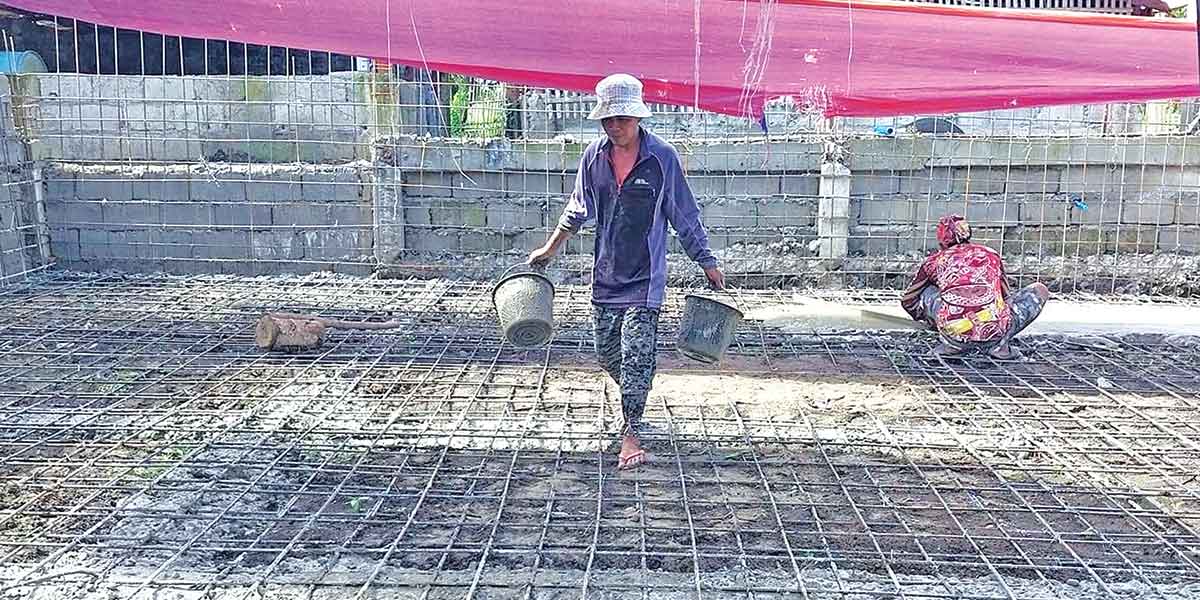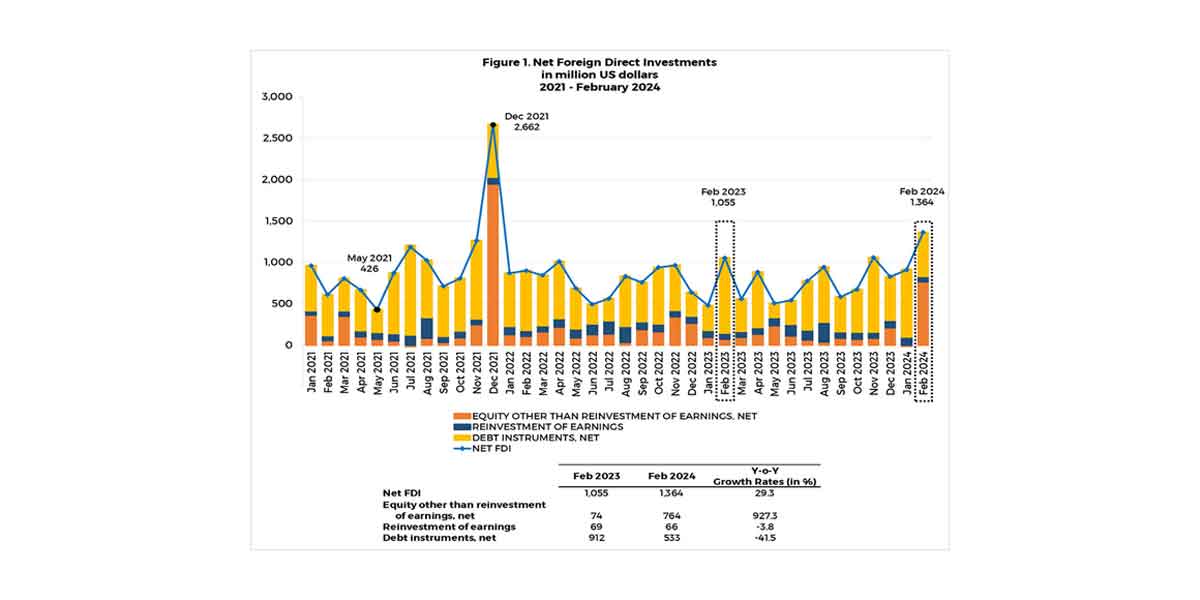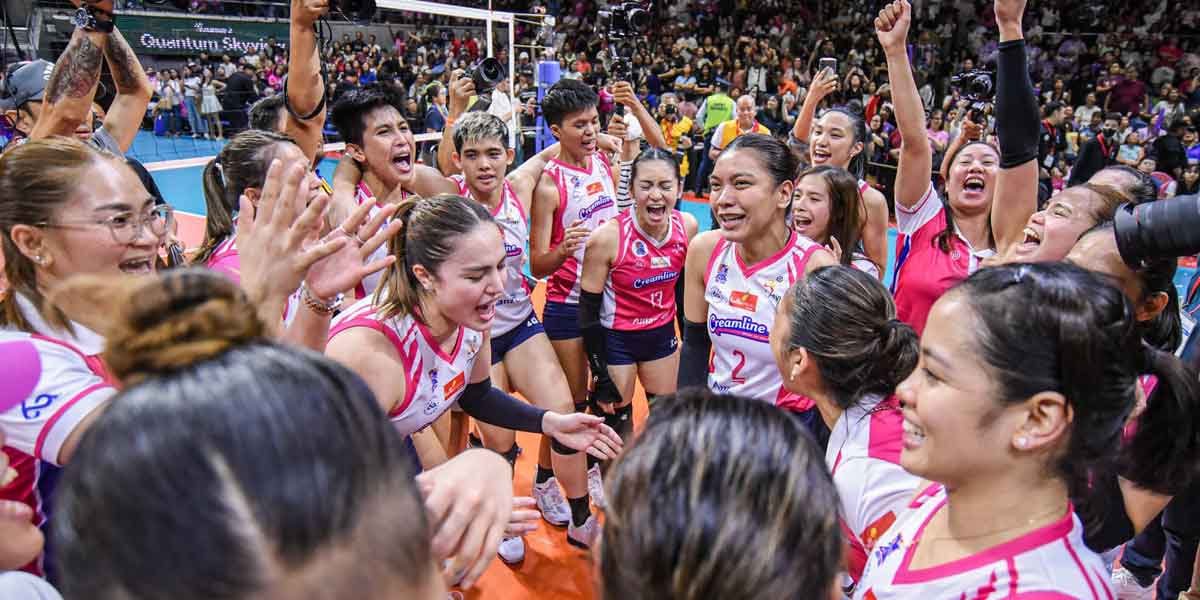By Herbert Vego
IN a past column, I commended my friend Ricky Alejo for being “the healthiest media practitioner in Iloilo City” because of his excellent health and physique. He practices vegetarianism, which means that he does not eat meat but only organic fruits, vegetables and root crops.
The other day, however, I noticed that he had grown thinner. I asked him, “Don’t you think you lack protein?”
He insisted that protein is in plant foods also.
I could not quarrel with that. I have repeatedly written articles lauding vegetarianism as a healthy way of life. Unlike Ricky, however, I have remained an omnivore, eating moderate red meat and more fish and vegetables whenever possible.
As an idiom would have it, “Different strokes for different folks.” Every person is entitled to personal preferences that work.
This reminds me of our salubrious dinner with businessman Roni Baterna at Punot Restaurant, where he was the guest of the Facebook video show “Talking Point,” hosted by broadcaster Tonette Toledo.
Over lunch, Baterna explained why he was not eating fish.
“I am allergic to all seafood,” he said. And so, he would rather eat beef or pork instead.
Since I could see nothing wrong with his health, I could consider him as “evidence” that not all carnivores accumulate diseases. He could be an exception to the rule that meat in large quantities could be harmful to the body. I made an immediate research on that.
Traditionally, Americans consume 15 pounds of beef or pork per person, per month.
In contrast, the Japanese eat only a half-pound; they prefer fish.
The American myth misleads us into believing that meat is “first-class” protein while vegetables are “second-class.” Current evidence, however, leads to other conclusions.
Statistically, vegetarians in the United States are slimmer, healthier and usually live longer than carnivores. They support the notion that protein from plants, especially beans, can be an adequate meat substitute when enhanced with protein from milk and eggs.
Protein is essential because it builds and replenishes organs, skin, cartilage, nails, hair, muscle and organic bone framework.
The primary problem of carnivores, on the other hand, is not a deficiency of protein but an excess of calories arising from saturated fat.
Plant-based foods have no cholesterol. No wonder vegetarians enjoy lower levels of serum cholesterol. Vegetables retain moisture and bind waste bulk for easy elimination.
Conversely, meat has low fiber content, and so moves sluggishly hard through the digestive tract.
While nutritionists have yet to agree on whether a vegetarian diet is healthier than a meat diet, anthropologists tend to believe it. Field investigations of certain non-meat cultures have documented the excellent health and longevity of the Hunzas of Pakistan and the Otomi Indians of Mexico.
During World War I, Denmark consumed far less meat than usual because of the British naval blockade, but this resulted in better general health. Likewise, in World War II, Norway adopted a vegetarian diet that resulted in a drastic drop of heart diseases.
When both nations reverted to meat diets after their crises, heart diseases rebounded.
-oOo-
KEEPING SAFE DURING TYPHOONS
DUE to heavy rains brought by typhoon Egay, there have been complaints about power outages.
In Iloilo City, which has MORE Power as distribution utility, these brownouts were mostly of short-duration due to activation of the automatic circuit reclosers (ACRs). The ACR is an intellectual protective device capable of interrupting momentary fault current (usually 85 seconds), in effect protecting customer appliances and other sensitive devices against surge currents.
When a fault is detected, the circuit breaker trips. The controller then waits for a predetermined time before closing the circuit breaker again. If everything is back to normal, it ends the whole process, but if the fault persists, the circuit breaker trips again.
The ACR isolates specific areas with electrical problems, preventing the rest of the feeder line from being affected.
Bad weather notwithstanding, the DU maintains teams of “line warriors” to respond to emergency calls and to restore power as quickly as possible. However, restoration time may vary, depending on the severity of the damage.
If you experience a power outage, please call MORE Power’s customer service helpline at 330-667 or send a message via its Facebook Messenger.





















